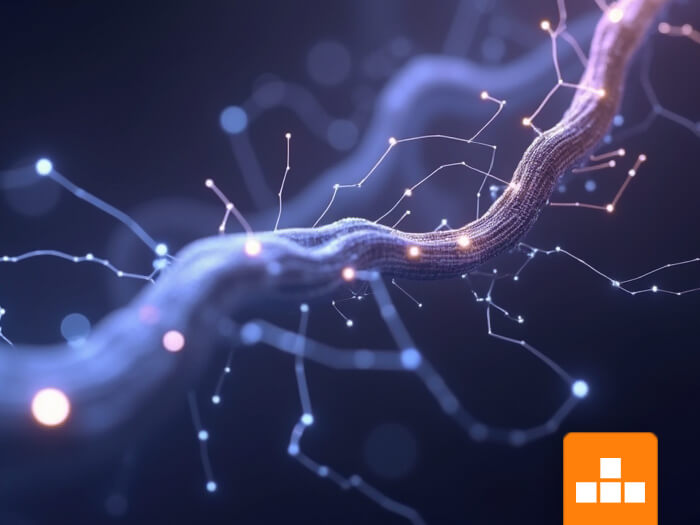Conversational Artificial Intelligence in 2025: GPT-4, Claude and Gemini Face Off
Conversational artificial intelligence is undergoing its most significant revolution to date. Three major technology companies—OpenAI, Anthropic, and Google—have developed language models so advanced that they are redefining what it means to interact with AI.
In this article, we analyze the top three players in today’s market: GPT-4 (and its version GPT-4o), Claude Sonnet 4, and Gemini Ultra. Each offers a different focus and set of capabilities, but all are competing for leadership in a new era of intelligent assistants.

GPT-4 and GPT-4o: Multimodal AI now in your pocket
Developed by OpenAI and launched in March 2023, GPT-4 became a global benchmark in natural language processing. Its most recent version, GPT-4o (omni), takes this experience a step further: it is a fully multimodal model, capable of understanding text, images, voice, and video in real time.
As of May 2025, GPT-4o powers the new ChatGPT experience—even available to free users. This version includes a completely revamped interface that enables real-time voice conversations, instant image analysis, long-document comprehension, and user memory. In essence, it is a complete personal assistant combining natural interaction with persistent context.
GPT-4o also stands out for its outstanding performance in standardized exams and complex tasks, with expanded context windows of up to 128K tokens and support in over 50 languages. It remains the most versatile choice on the market for both individual and enterprise use.
Claude Sonnet 4: Security, reason, and evolved action
Anthropic has rapidly advanced its AI offering under a philosophy centered on security, transparency, and user control. Released in May 2025, Claude Sonnet 4 marks a new level of sophistication: it combines speed with deeper reasoning, enhanced coding, planning capabilities, and context comprehension.
While it maintains some key features—such as switching between fast and reflective response modes—Claude Sonnet 4 now offers greater contextual awareness and excels in business-focused tasks.
The model features one of the widest context windows on the market (up to 1 million tokens in enterprise configurations), making it ideal for organizations handling large volumes of information. Its commitment to privacy remains firm: data is deleted after 30 days and not stored permanently.
Gemini: Native multimodality and the power of Google’s ecosystem
Google DeepMind has built its AI model to be natively multimodal from the ground up. Gemini Ultra, its most advanced version, was trained to process text, images, audio, video, and code in an integrated manner. Its architecture enables coherent responses across formats and exceptional adaptability to complex tasks.
Its main strength lies in deep integration with the Google ecosystem—Gmail, YouTube, Docs, Search, Calendar. Gemini not only generates content, it also operates within existing platforms, providing contextual, accurate, and real-time information.
This approach was reinforced at Google I/O 2025, where the company unveiled tools such as Veo (text-to-video generation) and MusicFX (AI-generated music based on text prompts). Both are being experimentally integrated with Gemini, positioning it as the most creative and versatile AI system on the market.
Comparison
| FEATURES | GPT-4/GPT-4o | Claude 4 | Gemini Ultra |
|---|---|---|---|
| Multimodality | Text, image, voice, video | Text, image, PC interaction | Text, image, video, audio, code |
| Context window (tokens) | Up to 128K | Up to 1M | Variable by version |
| Strengths | Mass adoption, speed, multilingual | Privacy, deep reasoning | Google service integration |
| Use case focus | General, productive | Enterprise, secure | Creative, connected |
AI is no longer just a tool—it’s infrastructure
GPT-4o has democratized access to the world’s most advanced AI. Claude is paving the way toward a trusted corporate AI model prioritizing security, reasoning, and collaboration. Meanwhile, Gemini redefines how we work with data, media, and integrated knowledge.
The question is no longer which model is more powerful, but which one best fits your environment. In 2025, artificial intelligence no longer simply responds: it understands, acts, collaborates, and creates.
We are entering a new era: one of augmented, connected, and everyday intelligence. And for you— which AI stands out as the best? Remember, if you have a project in mind, we’re just one click away from helping you make it a reality.
